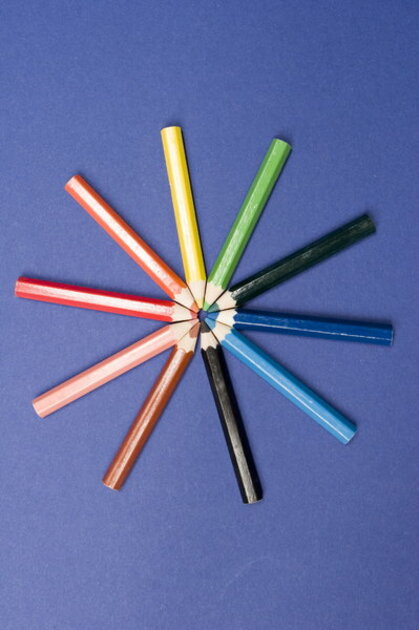
Our Gemara on Amud Beis discusses various forms of Women’s cosmetics and beauty practices both in the light of what is permitted on Chol Hamoed as well as a number of anecdotes regarding ways in which rabbi’s wives and daughters beautified themselves. It is obvious from this Gemara and its extensive details, that the rabbis were cognizant, respectful and downright supportive of the natural human patterns whereby women, single and married, enjoy dressing up. We discussed this idea elsewhere in Psychology of the Daf, see Ta’anis 13. Today I will focus on a particular incident and teaching that comes from this Gemara:
Ōü”The Gemara relates that Rav ßĖżisda’s wife would adorn herself on the intermediate days of a Festival in the presence of her daughter-in-law, i.e., when she already had a married son. Rav Huna bar ßĖżinnana sat before Rav ßĖżisda, and he sat and said: They taught that a woman is permitted to engage in cosmetic treatments on the intermediate days of a Festival only with regard to a young woman, as such treatments bring her joy, but in the case of an old woman, no, the treatments are not permitted, as she does not need them.
Ōü”Rav ßĖżisda said to him: By Elokim! Even your mother, and even your mother’s mother, and even a woman so old that she is standing at the edge of her grave are all permitted to adorn themselves. As people say in the popular adage: A woman of sixty years, like one of six, runs at the sound of the timbrel [tavla].
Rav Chisda counters Rav Huna’s point, stating that women of all ages, even the most elderly, want to look beautiful. His proof is interesting. He does not offer a scriptural citation, instead he quotes folk wisdom. But what is he really saying? The phrase is, “A woman of sixty years, like one of six, runs at the sound of the timbrel [tavla].
It seems to me Rav Chisda is tapping into the truth of subjective emotions. He is saying, a child and an adult both like to dance, as it is a basic human response. It is not rooted in any kind of logic, it’s just a human pattern of experience and behavior. So too, he is saying to Rav Huna, “Don’t tell me she is too old. SHE doesn’t FEEL too old. She enjoys dressing up the same as her youth.” It’s not about the logic; it’s about the feeling, and so it is her oneg Yom Tov.

 Previous
Previous
